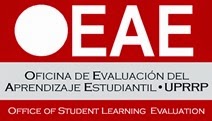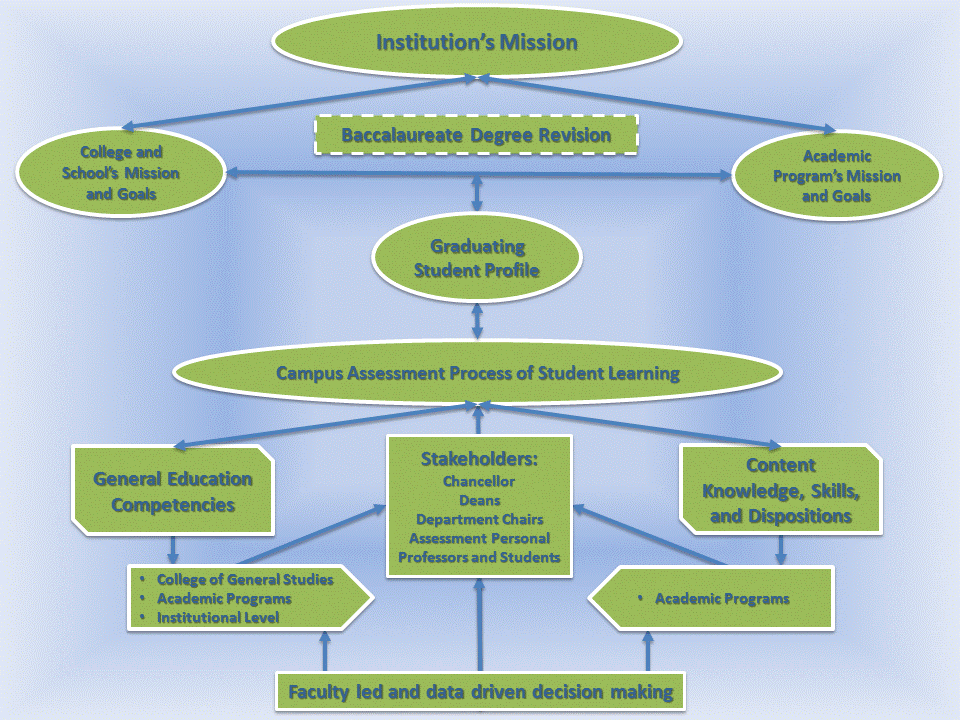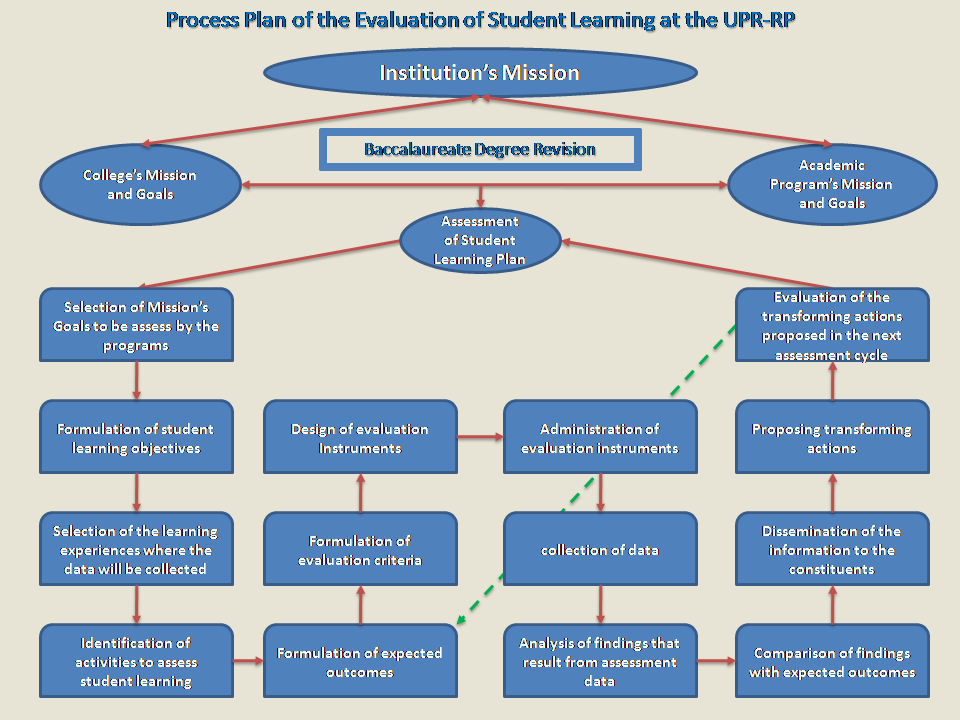Two major associations, The National Association of State University and Land Grant Colleges'(NASULGC), and the American Association of Higher Education, have developed a set of guidelines regarding student learning outcomes.
The Statement of Principles on Student Outcomes Assessment that the NASULGC dveloped express that programs for student outcomes assessment should:
focus primarily on the effectiveness of academic programs and the improvement of student learning and performance;
be developed in collaboration with the faculty;
be appropriate to the particular mission and goals of the institution;
use multiple methods of assessment;
be fiscally conservative and not impose costly programs on institutions;
be linked to strategic planning and program review processes within the institution.
AAHE's Principles of Good Practice for Assessing Student Learning are as follows:
The assessment of student learning begins with educational values
Assessment is most effective when it reflects an understanding of learning as multidimensional, integrated, and revealed in performance over time.
Assessment works best when the programs it seeks to improve have clear, explicitly stated purposes.
Assessment requires attention to outcomes but also and equally to the experiences that lead to those outcomes.
Assessment works best when it is ongoing, not episodic.
Assessment fosters wider improvement when representatives from across the educational community are involved.
Assessment makes a difference when it begins with issues of use and illuminates questions people really care about.
Assessment is most likely to lead to improvement shen it is part of a larger set of conditions that promote change.
Through assessment, educators meet responsibilities to students and to the public.
All outcomes assessment procedures developed within the university must be consistent with these guidelines.
We believe that all outcomes assessment procedures, as expressed on our Programs' assessment plans, must be consistent with these guidelines and those delineated on our Institutional Plan for Assessment of Student Learning.


